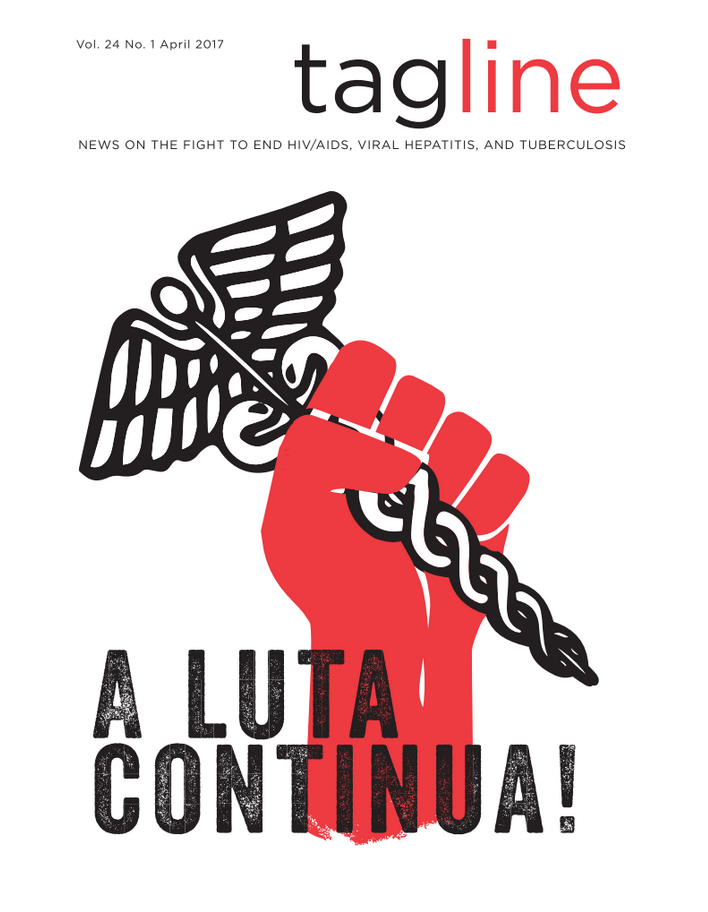By Tim Horn
 With every major election, particularly one that secures or fortifies Republican control of the White House, Senate, or House of Representatives, a certain amount of worry and strategy realignment is to be expected from public health activists and civil society. Following one of the biggest upsets in political history, in which Donald Trump rode a wave of populist and nationalist sentiments to become the 45th president of the United States and all but guaranteed a right-wing trifecta, the concern among health justice leaders has been unprecedented.
With every major election, particularly one that secures or fortifies Republican control of the White House, Senate, or House of Representatives, a certain amount of worry and strategy realignment is to be expected from public health activists and civil society. Following one of the biggest upsets in political history, in which Donald Trump rode a wave of populist and nationalist sentiments to become the 45th president of the United States and all but guaranteed a right-wing trifecta, the concern among health justice leaders has been unprecedented.
And rightfully so. Anxieties regarding government underinvestment in public health—basic and clinical research, international aid, domestic healthcare infrastructure, and various federally funded programs needed to support health outcomes—are heightened once again. In addition, we must now contend with executive and legislative branches bent on scaling back statutes and regulations that are key to human wellness and survival on the basis of, in no small part, willful disregard for science and evidence-based policy making.
Progress made in the arenas of HIV, tuberculosis (TB), and hepatitis C virus (HCV) over the past several years has been significant, to the point at which strategies to end all three epidemics have not only been envisioned, but actualized. But these gains are incredibly fragile and will diminish swiftly in the absence of federal nurturing and support (see Mark Harrington’s Lessons from History for Today’s HIV Response).
TAG remains committed to the capacity building, coalition strengthening, and direct advocacy required to maintain forward momentum in a federal political climate that isn’t merely indifferent to public health, but is ultimately hostile to its efforts and the communities that it benefits.
In this issue of TAGline, we touch on five of our overarching priorities in the months and years ahead:
- Ensuring strong investments in HIV, TB, and HCV research and buttressing scientific independence and public trust from the malevolent forces of ‘alternative facts’ (see Just the Facts: Trump and the Devaluation of Science, by Kenyon Farrow and Mike Frick);
- moving toward reforms that recognize drugs and biologics as a global public good, and not luxuries of a market economy (see Wrangling Affordable Drug Pricing and HCV Elimination Under the New White House Administration, by Bryn Gay);
- protecting and strengthening health systems that are intended to prevent and treat pathologies of poverty and marginalization, including a worsening opioid epidemic in states likely to be disproportionately affected by continued assaults on Medicaid (see Resisting the Coming Austerity: Medicaid in the Crosshairs, by Annette Gaudino);
- pushing back against an anti-immigrant agenda that is fundamentally racist and xenophobic and the antithesis of good public health (see Breaking Down Walls in Trump’s Anti-Immigrant Rhetoric, by Erica Lessem and Suraj Madoori);
- defending against deregulation of the U.S. Food and Drug Administration and other stringent regulatory agencies charged with ensuring the safety and efficacy of the world’s medicines (see The New War on Drugs, by Tim Horn and Suraj Madoori).
We remain in solidarity with our allies who have long fought battles to secure funding for basic and clinical research, reverse stigmatizing and discriminatory policies, stare down pharmaceutical industry greed, and push for programs to ensure equitable access to treatment and care. Although the challenges now go broader and deeper than ever before, we stand stronger than ever in a fight that has yielded monumental victories in the past and will continue to do so in the future. A luta continua, a vitória é certa.
